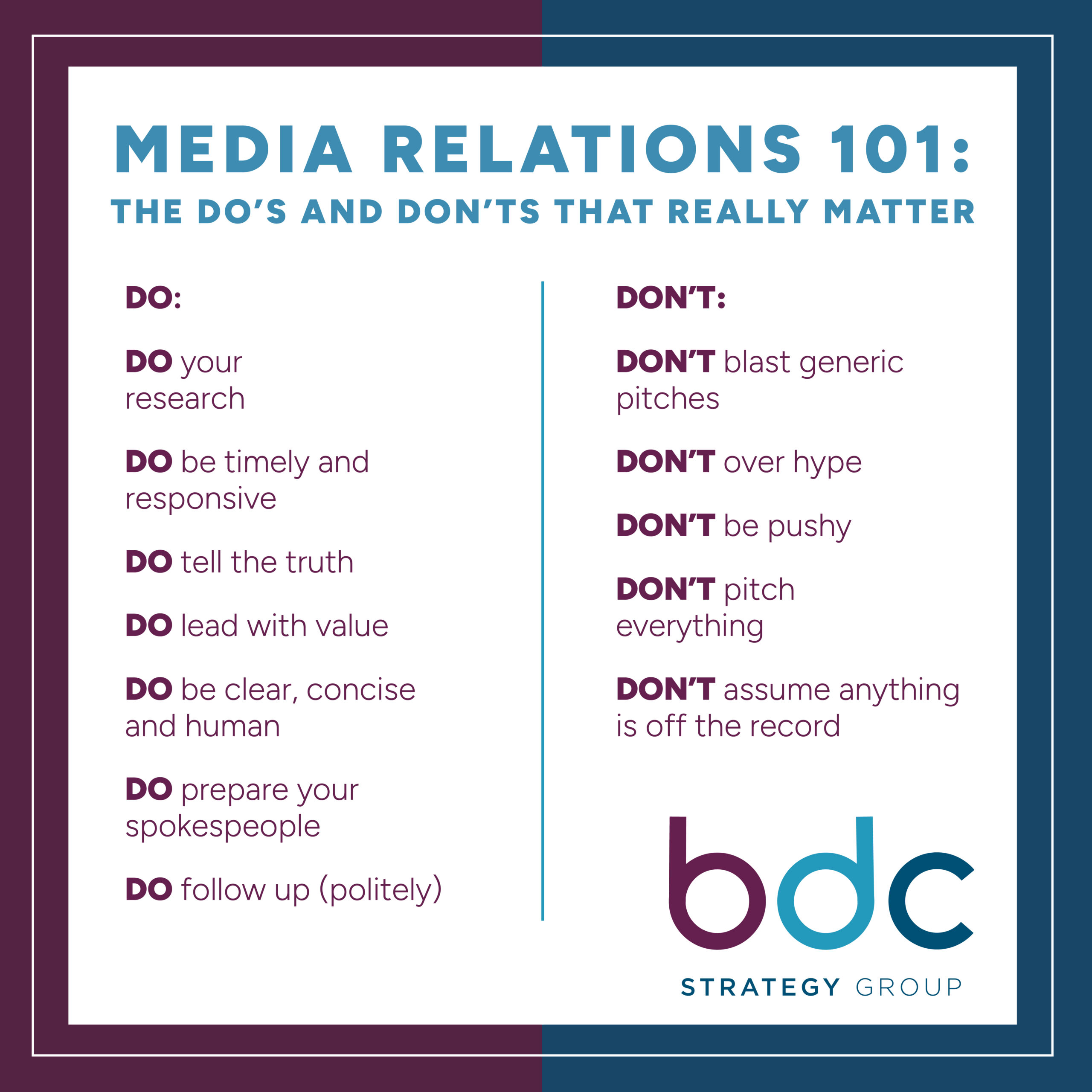With just a few months until the U.S presidential election, we already are seeing very contentious discussions online and offline. The tone of our conversations about the issues has been steadily on the rise for years. And the events of the last few weeks are contributing to concerns and feelings of anxiety about the election. At the same time, business leaders are wondering how the election might affect their workplaces. Employers, managers, leaders and executives must be prepared. We must get started now to help leaders influence employees to avoid disruptive conversations or practice respectful discussions.
Anxiety in the Air
First, understand that many people are feeling anxious, angry and even hopeless about what’s ahead.
Worldwide, “election outcomes” ranked as the top societal fear, ahead of climate change and nuclear war, according to the 2024 Edelman Trust Barometer.
In a survey published on the Public Health Post, many Americans reported that the upcoming election made them feel anxious (35%), stressed (33%), nervous (35%), and/or angry (34%) on all or most days in the month prior to taking the survey.
The workplace is not immune. When political discussions lead people to clash in the workplace, it’s even more problematic. In the U.S., more than half (51%) of workers said they believe political discussions hurt the work environment, according to ResumeHelp’s 2024 Politics in the Workplace Study.
Complete Bans Won’t Work
Given all this, a manager’s first instinct may be to tell employees not to talk about politics in the workplace. Simply instruct them to be respectful and keep their conversations confined to the business.
But that’s wishful thinking. It’s not realistic to expect people to check their political opinions at the door when they clock into work. And each individual likely has a different perspective on what is or is not political.
Actively discouraging political discussions can backfire. It may make employees feel silenced or distrustful of business leadership. Basecamp’s CEO Jason Fried discovered that when he tried to end all “societal and political discussions” on the company’s Basecamp account in 2021. About one-third of the company’s employees resigned within days. Ultimately Fried apologized.
It’s almost impossible to draw a line between what constitutes politics and what does not. If your company’s mission points to tackling racism and sexism, or helping preserve the environment, do you stop talking about those issues, given that many people categorize them as political? Do you even want to?
Furthermore, consumers tend to choose products based on the perceived political stand of the brand or company. “The line between brands and the society they operate in has dissolved,” according to Edelman’s Brands and Politics report. “Today, consumers are expressing their politics – and their power – through brand choices, contributing to a new normal that is opening brands up to exposure they cannot avoid.”
Guiding Conversations
Businesses stand to lose if they don’t navigate this issue carefully and proactively. Pointing employees to guidelines is critical. Here are some steps to consider taking now to equip your company to handle the coming weeks.
- Build a team. Start by developing an internal partnership with your HR, employee relations, government relations, communications and diversity and inclusion teams. Those are your inside experts – the people who typically have a handle on where employees are engaged, the mood of the local community and the industry you’re in. Pull the right people into the room.
- Create a timeline. Identify and plan around some of the key dates that are likely to spark conversation: the conventions, the last few weeks of the campaign, early voting and Election Day.
- Accept the inevitability of political noise. We are long past the time where you could avoid a conversation by skipping gatherings at the proverbial water cooler. Today, people are having these conversations on Slack, in meetings in person and on Zoom. Also, we’re connected to our coworkers very often via social media channels. We may know their political stances because we are Facebook friends, or we follow them on Instagram or LinkedIn. The conversations are everywhere.
- Acknowledge the anxiety. Election season is a good time to remind employees to practice self-care. Highlight your company’s offerings: the Employee Assistance Program, a mindfulness opportunity, or simply the option to slip into a quiet space.
- Highlight company values. Remind employees that everyone should feel safe and respected in your workplace. For example, if your company embraces values like inclusion or civility in the workplace, communicate that. Inform employees that the company doesn’t aim to limit constructive dialogue, but it does have a vested interest in maintaining a culture of mutual respect.
- Offer communications tools to managers. As a communicator or DEI professional, you’re experienced in managing contentious issues. Share that expertise with your company’s leaders. Offer tools for leaders on how to manage during a disruptive period. Some leaders who managed people during the pandemic know how to do this well. Remind them of the strengths and skills they already have.
- Encourage constructive involvement. Action can help minimize anxiety. If your company does any sort of voter education, offers voter registration as a service opportunity, or provides voter registration at work, now is the time to highlight that. (Start soon! Many deadlines are coming up.) Likewise, consider ways your company can engage without leaning into a particular candidate or political party. Leaders might share messages such as, “I encourage everyone who’s eligible to register to vote. Voting is the best way for you to make a difference.”
Finally, look for the opportunity within the challenge. If your first instinct is to discourage political speech at your organization, consider: Does that signal that the organization cannot handle differences and difficulties? Cultivating those strengths will help foster an agile, innovative culture that could benefit the company long after the November election.
Approach this coming election season proactively. View it as an opportunity to stretch your organization’s ability to handle differences and to navigate difficult times more nimbly.




